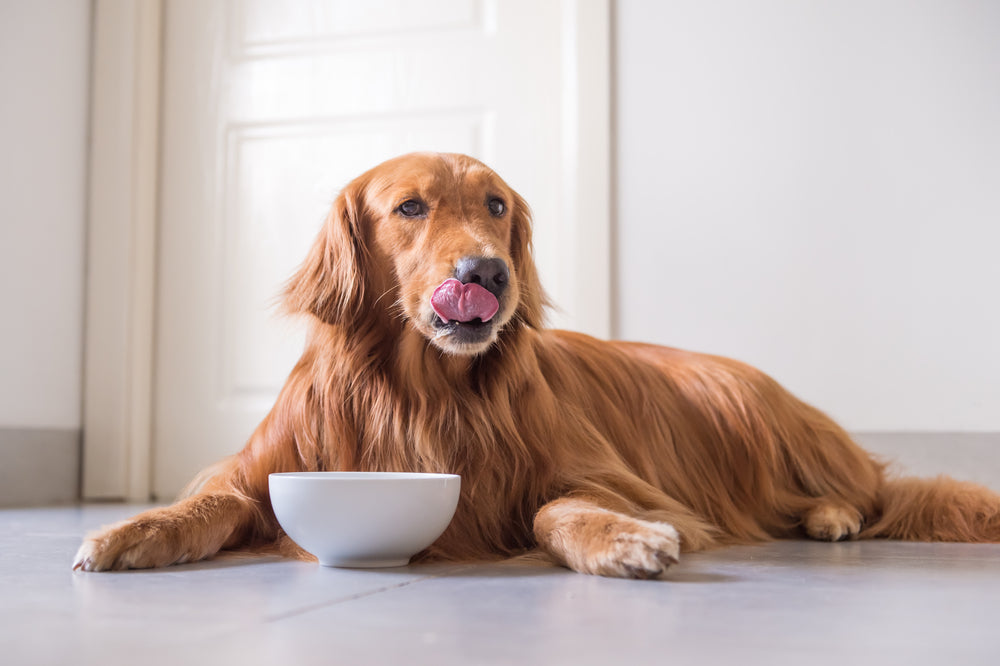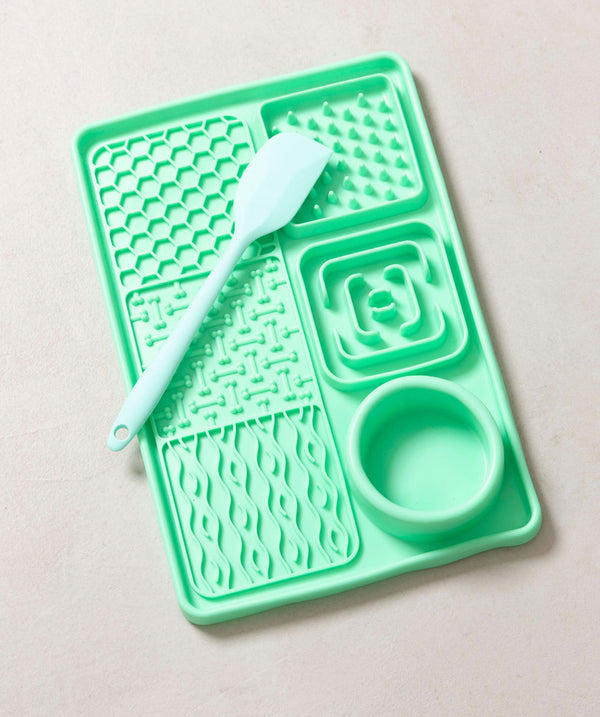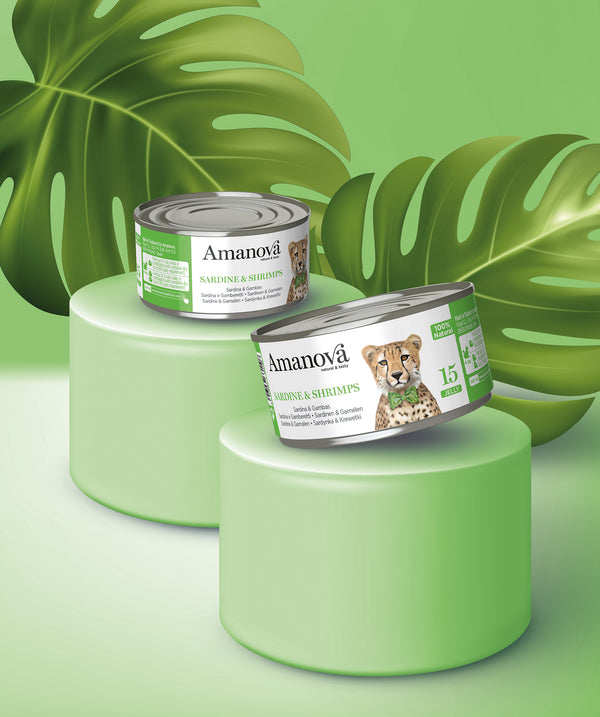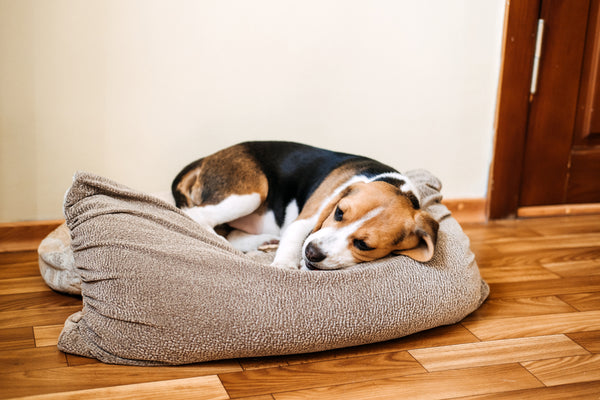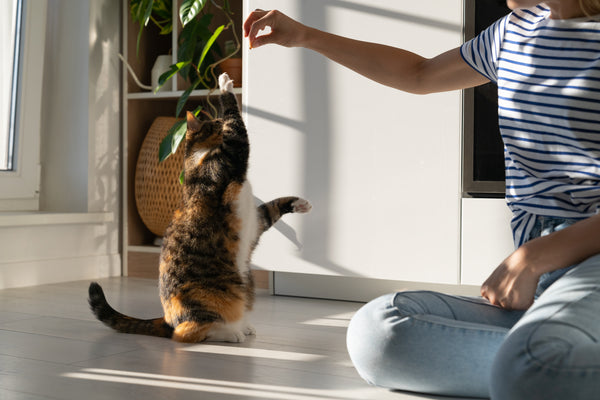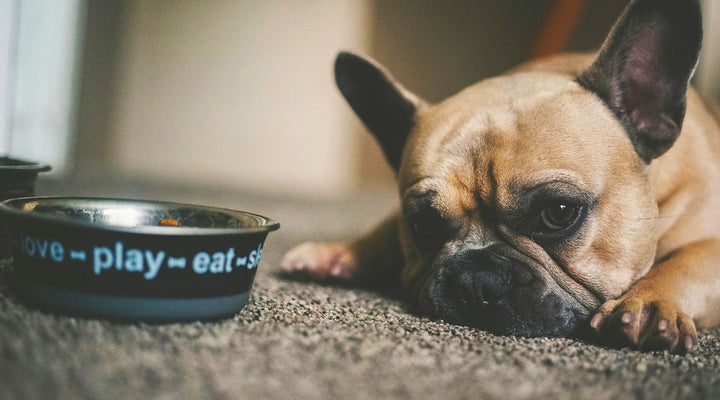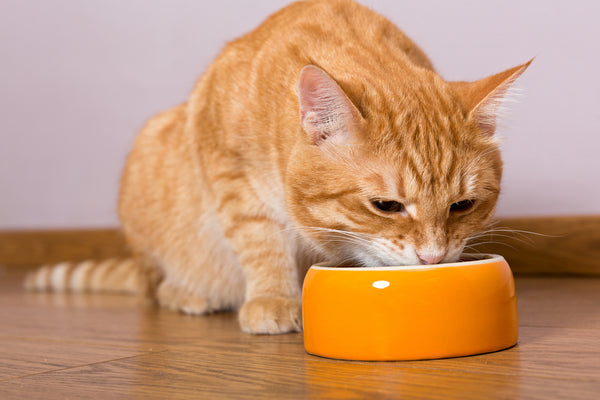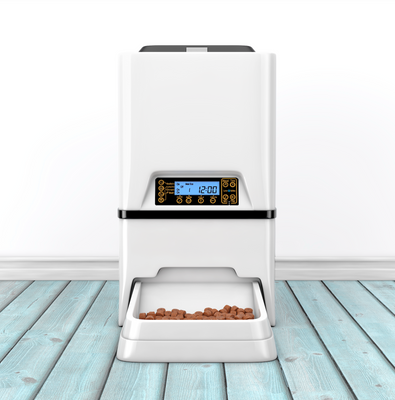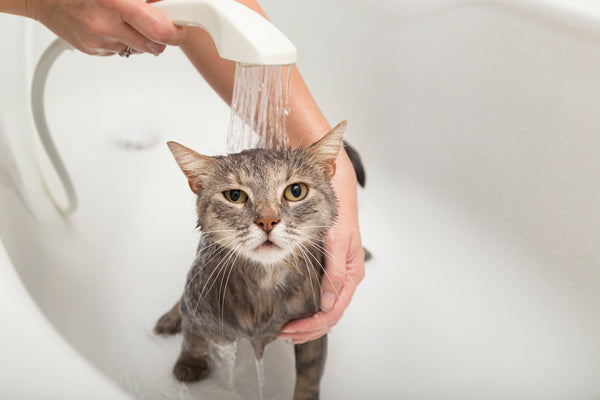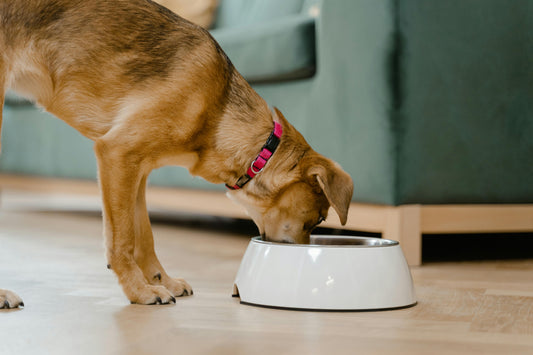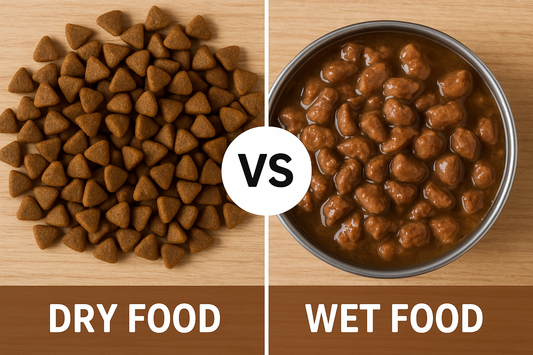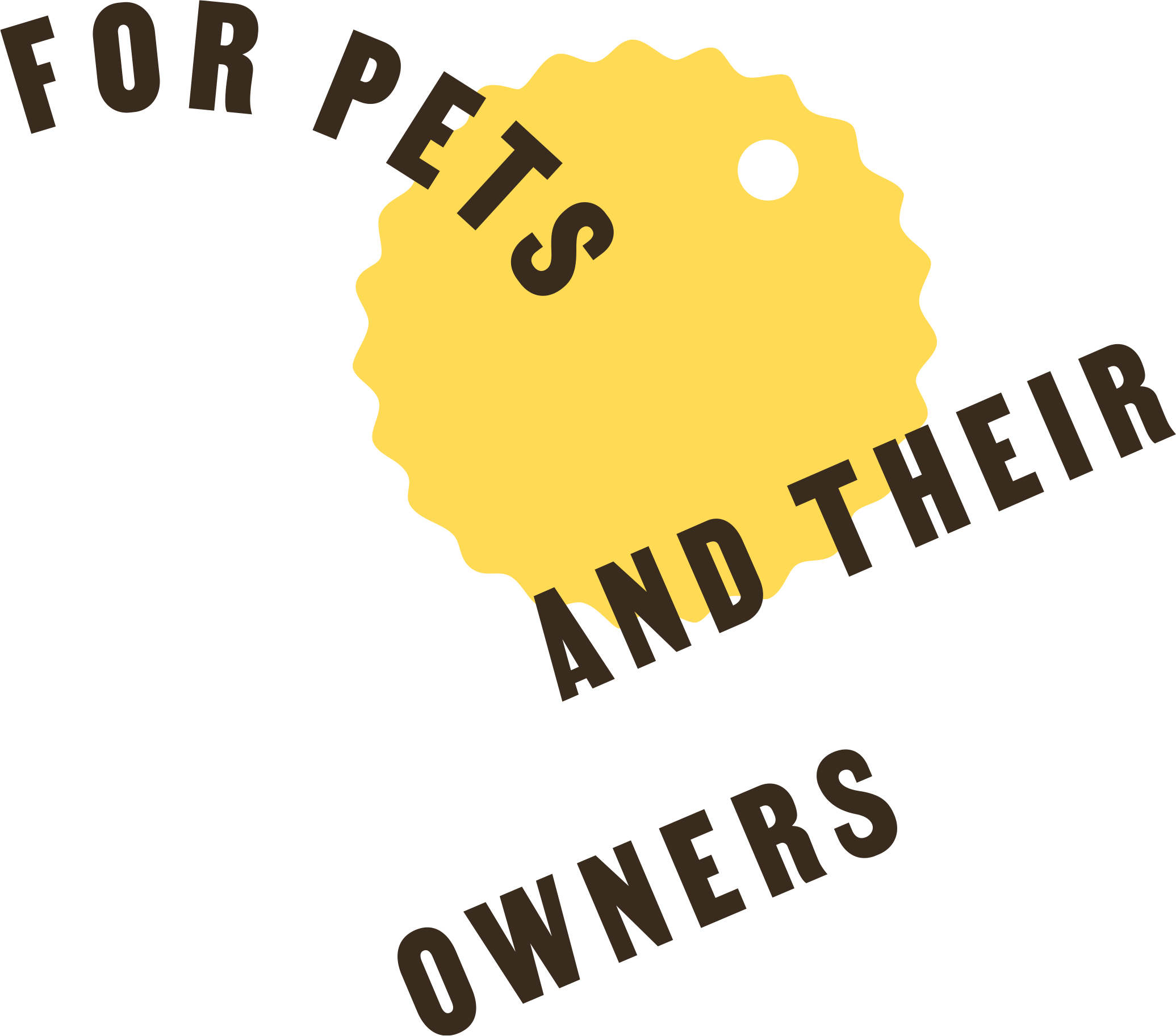The origin of canine loss of appetite can be related to different causes, both physical and behavioral. Are you wondering: why does my dog have loss of appetite? In this article, we explain the main reasons why a dog stops eating and give you some tips to remedy it.
What Are the Causes of Loss of Appetite in Dogs?
Under normal conditions, a healthy animal only loses appetite if it doesn’t like its usual food. Otherwise, canine loss of appetite may result from different causes, ranging from health issues to inadequate feeding routines. If your dog has loss of appetite, it may be due to the following reasons:
- Poor-quality food. If your dog doesn’t want to eat, it might be because the kibble you are offering is of low quality. Despite the wide variety of dog foods on the market, not all options use recipes that contain the necessary nutrients or have high palatability. Therefore, the first step to help your dog regain appetite is to provide natural, balanced, and high-quality food.
- Diet change. Canine loss of appetite can also be caused by a sudden change in its daily diet. That’s why the transition to a new food should always be gradual if we want to avoid appetite loss and other health problems.
- Excess of inappropriate foods. Most pets lose interest in their regular meals when they are given too many treats or leftovers from human food. In these cases, the problem isn’t that the dog has lost its appetite but that it is already full from unsuitable foods. To avoid obesity and nutritional deficiencies, it’s very important to control the snacks and edible rewards we give to our four-legged friends.
- Aging. Loss of appetite is a very common symptom in senior dogs since, with age, their sense of smell diminishes, and digesting food becomes more difficult. If you think your loyal companion has reached its senior stage, you should switch its diet to one specially adapted for older dogs: food rich in fiber, low in fat, and easy to chew.
- Apathy and depression. The loss of a family member or returning to routine after holidays can trigger apathy or depression in dogs. These psychological issues may also cause loss of appetite in our pets.
My Dog Has Loss of Appetite: How Can I Help?
Since canine loss of appetite may be related to various health conditions, if your dog isn’t eating, you should take it to the vet to rule out any disease. If your furry friend has stopped eating due to physiological problems, it will be necessary to control the specific symptoms of its condition for recovery.
If your pet’s appetite loss is due to apathy or depression, it may require veterinary or psychological treatment. If you’ve ruled out these causes, you must ensure that the food you give your best friend is of the highest quality. Good kibble should meet your dog’s nutritional needs while also offering high palatability.
Amanova’s kibble for dogs with loss of appetite is made with 100% fresh Iberian pork and other carefully selected natural ingredients. The result is a balanced food with an exquisite taste that even the fussiest dogs enjoy.
